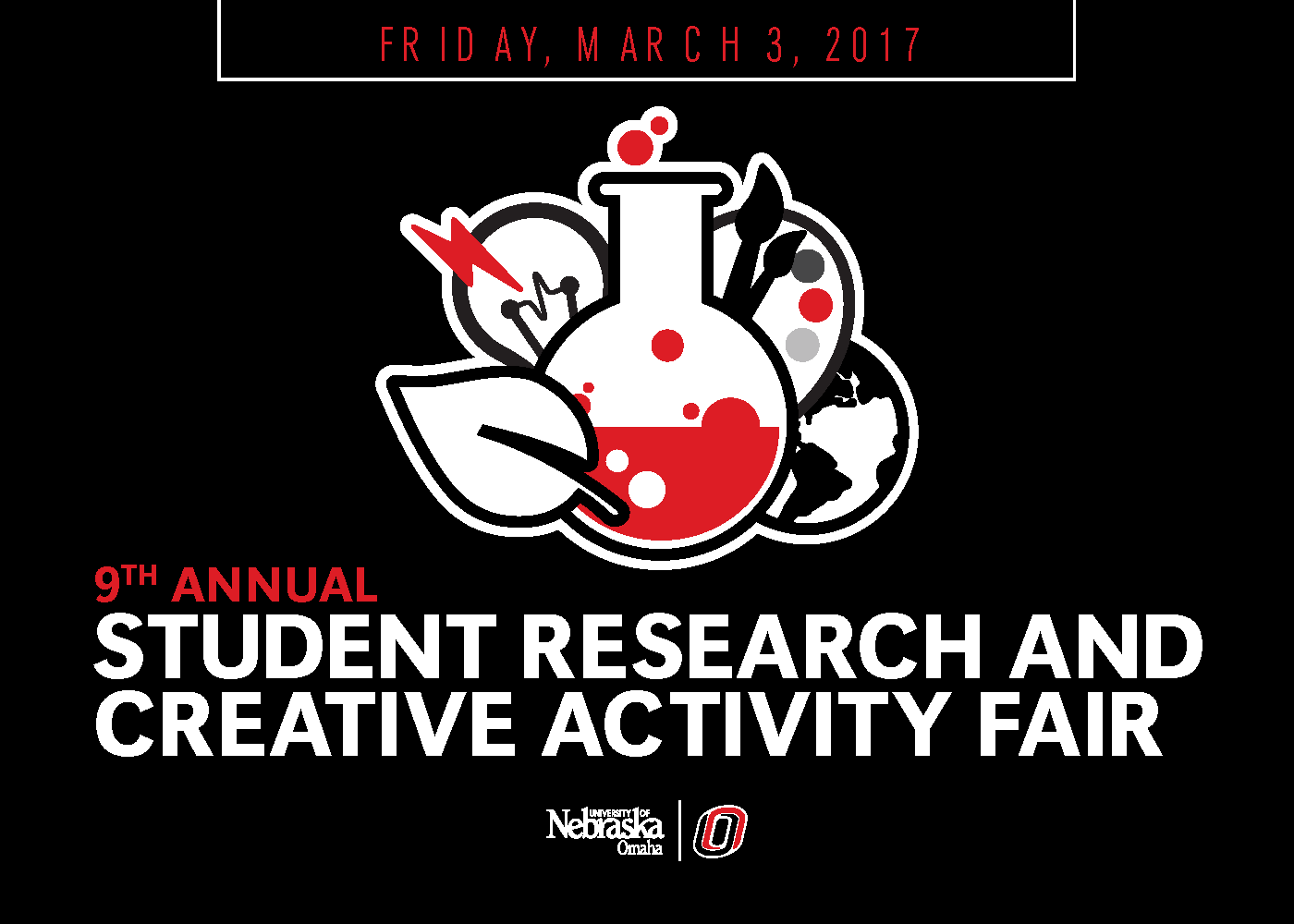
Advisor Information
Lisa L. Scherer
Location
UNO Criss Library, Room 232
Presentation Type
Oral Presentation
Start Date
3-3-2017 11:15 AM
End Date
3-3-2017 11:30 AM
Abstract
The goal of this research program is to obtain a comprehensive understanding of the causes and consequences of college student stress, wellness, and engagement. Toward that goal, this study examined college student perceptions of the positive and negative characteristics of their experiences with extra-curricular and volunteering activities. Using an adapted version of the job demands-resources theory, we explored whether college students viewed these activities as resource-providing, where skills were developed and connections were built, or whether they were viewed as a demand in the service of merely building their resume. The study collected data from a variety of different college students including traditional age versus non-traditional age. One-on-one interviews were conducted which included both quantitative and qualitative data. The student responses were categorized with inter-rater agreement reached through consensus. The resulting themes from the qualitative analysis of positive experiences included: useful skill development, enhanced networking and resume building, and the mere enjoyment of the activities. The negative experience themes that emerged were the perception of the activities being time-consuming, stressful and expensive. Research and practical implications are discussed.
Extra Curricular Activities: How Good Are They?
UNO Criss Library, Room 232
The goal of this research program is to obtain a comprehensive understanding of the causes and consequences of college student stress, wellness, and engagement. Toward that goal, this study examined college student perceptions of the positive and negative characteristics of their experiences with extra-curricular and volunteering activities. Using an adapted version of the job demands-resources theory, we explored whether college students viewed these activities as resource-providing, where skills were developed and connections were built, or whether they were viewed as a demand in the service of merely building their resume. The study collected data from a variety of different college students including traditional age versus non-traditional age. One-on-one interviews were conducted which included both quantitative and qualitative data. The student responses were categorized with inter-rater agreement reached through consensus. The resulting themes from the qualitative analysis of positive experiences included: useful skill development, enhanced networking and resume building, and the mere enjoyment of the activities. The negative experience themes that emerged were the perception of the activities being time-consuming, stressful and expensive. Research and practical implications are discussed.
